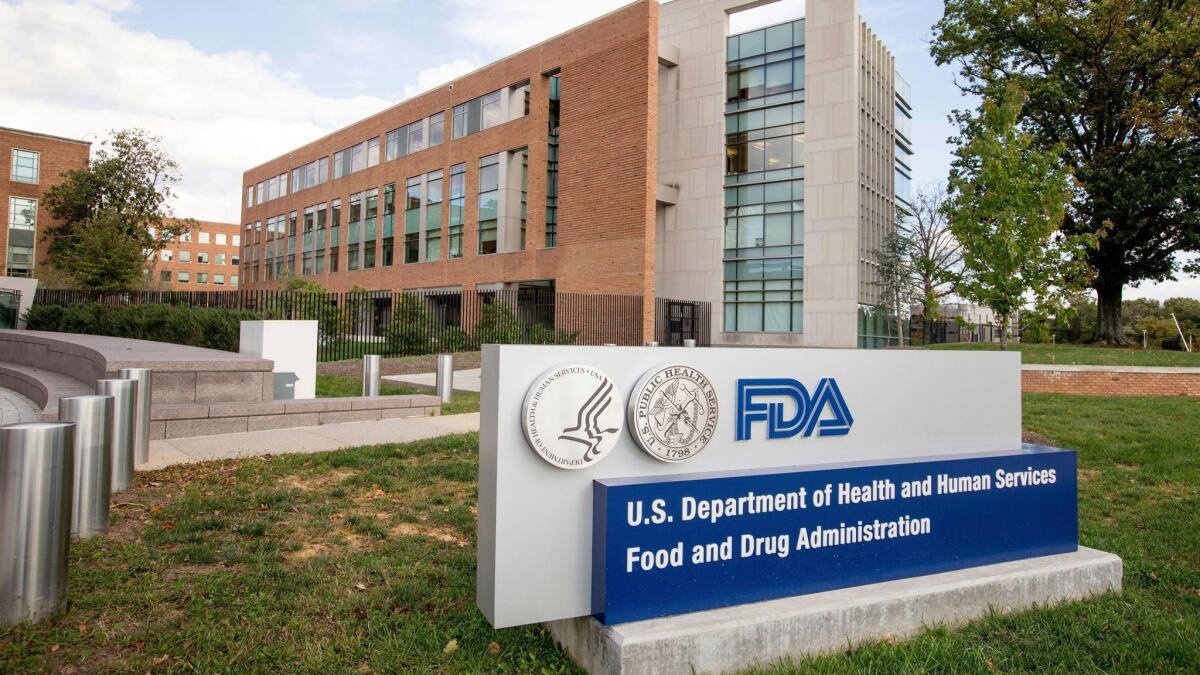Mexican papaya recalled after salmonella outbreak

- Share via
A Southern California company has recalled papaya imported from Mexico after health authorities linked its fruit shipments to a salmonella infection that has killed one person and sickened 13 others in three states.
Bravo Produce Inc. of San Ysidro, issued a recall notice Sunday, after federal investigators last week traced an infected sample of Maradol papayas to shipments the company imported from a Tijuana packer.
The fruit, grown in the western Mexican state of Colima, was shipped to California wholesale and retail markets from Aug. 10 to Aug. 29, according to the Food and Drug Administration.
The latest outbreak is one of four that have sickened more than 200 people in 23 states since late last year, according to the Centers for Disease Control and Prevention. Earlier outbreaks killed one person in New York City and left 65 others hospitalized, according to the CDC.
Salmonella bacteria are particularly hazardous to children, the elderly and people with weak immune systems. Infection can cause fever, diarrhea, nausea, vomiting and abdominal pain.
The fruits in the Bravo recall were grown by Productores y Exportadores de Carica Papaya de Tecomán y Costa Alegre, and were packed by Frutas Selectas de Tijuana. The affected papaya can be identified by a yellow sticker on the fruit, labels on cartons and by lot numbers, which are available on the FDA recall notice.
Consumers should throw out papaya if they have any doubt about its origin, the FDA said.
Other sources involved in the outbreaks include Carica de Campeche, Caraveo Produce and El Zapotanito, according to the CDC.
Bravo Produce said in a statement that it is cooperating with the FDA and will take samples from all papaya cargo to a private laboratory authorized by the agency.
Twitter: @LATgeoffmohan
More to Read
Inside the business of entertainment
The Wide Shot brings you news, analysis and insights on everything from streaming wars to production — and what it all means for the future.
You may occasionally receive promotional content from the Los Angeles Times.











